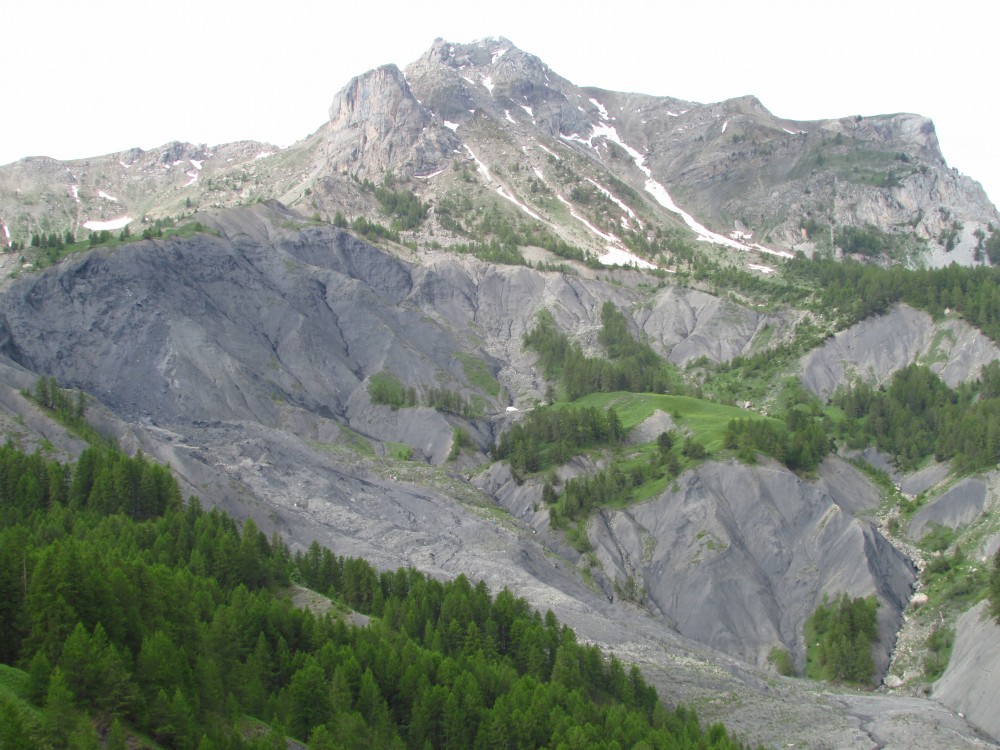This project was carried out at the University of Lausanne, in collaboration with: University of Bern-Centre for Development and environment; University of Neuchatel-Institute of Geography; International Union for Conservation of Nature; South Asia Regional Coordination Office-National Centre of Competence in Research; Helvetas Swiss Intercooperation; and Agroecología Universidad de Cochabamba.
In addition to poverty, food security and unsustainable land management practices, climate change and extreme hazard events are expected to place additional strains on the sustainable management of natural resources. Migration from mountain areas is already on the rise leaving behind women, children and elderly to deal with adapting to changing climate conditions alongside managing daily life: agricultural practices, maintaining terraces, irrigation canals, stabilizing slopes, etc. Although many studies have focused on migration from mountains to urban areas, few studies have analyzed the consequences of changing mountain demographics on land management.
Unsustainable livelihood strategies and land use management can, in turn, reduce access to resources, increase environmental degradation and intensification of hazard events, especially in fragile environments such as mountains. The concept of Sustainable Land Management (SLM) is the most promising response to land degradation that has emerged in the past two decades. It addresses technical and ecological aspects as well as economic and socio-cultural dimensions. Effective and sustainable natural resource management depends on suitable technologies and associated implementation approaches, and on flexibility and responsiveness to changing complex ecological and socio-economic environments.
This project focuses on the issues related to the “left behinds” and those “half-families” who either choose or are forced to stay in their place of origin, and how to make livelihoods options more sustainable and resilient. The goal is to explore the interface between people and mountain dynamics under a context of climate change in order to develop policy recommendations for land management and livelihood strategies, disaster risk reduction and implementation of climate adaptation plans. This trans-disciplinary approach which combines social and physical sciences, will address the following questions: How is land management in mountains being affected by three main factors: migration, climate change (temperature and rainfall patterns) and hazard events. How to increase the resilience of mountain populations facing such issues? Which measures are needed to increase the resilience of livelihoods and land management practices?
For this comparative study, two pilot areas (Quillacollo District, Cochabamba department) in Bolivia and Nepal (Dhankuta District) were selected.
The results of our study will be used to develop practical tools for guiding decisions on promising sustainable land management practices for local land management experts, disaster risk and water managers, local NGOs and policy makers in order to effectively support female-headed households and other land users and finally lead to more sustainable livelihood outcomes.
Funded by: Swiss Network for International Studies (SNIS).


